There is no doubt that Nigeria is gradually sliding into a police state going by the stomach-churning advice by the Kano State Commissioner of Police, Mr Rabiu Yusuf, that a former state governor and current senator, Rabiu Kwankwaso, should shelve his scheduled January 30 visit to Kano, his home state. What is going on, for God’s sake, in Kano state? Why have the police, acting in concert with the state governor, Dr Abdullahi Ganduje, decided to declare him more or less a persona non grata in his own state?
The police are trying to unconscionably abridge the freedom of movement and civil liberties of Kwankwaso. But as of the time of writing this piece, Kwankwaso has reportedly said the police cannot stop him from going to Kano to peacefully see his constituents. He is very right on that score. The former governor should not be left alone to fight this unconstitutionality. All well-meaning Nigerians must condemn the unsophisticated approach by the state to suppress Kwankwaso and upstage his seemingly robust political structure.
Advising the former governor to suspend his planned visit to Kano was patently wrong. It offended the spirit of fair dealing. That piece of advice is bad news which has the potentialities of far-reaching implications for the polity. If the police gambit is allowed to succeed, the state governor can continue to influence or instigate the Police Commissioner to adopt the same strategy over and again to perpetually keep Kwankwaso away from the state. At the moment, there is tension in a vast majority of the states and the police commissioners in those states have not advised or barred representatives of the people or politicians from their states.
Since it is an open secret that Kwankwaso, who gave President Muhammadu Buhari a good fight for the presidential ticket of the All Progressives Congress (APC) in the 2014 presidential primary, is nursing a presidential ambition in 2019, the strategy of the chief security officer of the state and the police commissioner may have been orchestrated to terribly hurt Kwankwaso’s political and logistical mobilisation that should naturally begin from his home state.
But the government action to unnerve Kwankwaso, to say the least, is an affront on democratic ethos. Popular participation in democratic engagements should neither be under enemy control nor held hostage by a self-imposing police state as it is grotesquely manifesting in Kano. This official disposition is primordial, anachronistic and tendentious in its form, shape and texture as well as counter-productive to the democratic testimonial of the APC-controlled government.
How sadly have the police become petty, partial and partisan of the ruling government such that a leader of the ruling party can be subjected to this kind of treatment? But the joke is on the police, the government and the APC: first, that they do not have the capacity or the temperament to accommodate seeming opposition from within their ranks; and, second, that they cannot ensure simple security for Kwankwaso, his supporters and public facilities.
By the way, is Kwankwaso going to Kano to organise or lead a violent protest? Certainly not, except agents of the state decide to infiltrate the group of his supporters and try to precipitate violence from within in order to justify the preconceived advice by the police to keep him away; and, for as long as possible. If that is not the case, I do not see anything difficult in the police providing protection for Kwankwanso and the crowd of supporters that would welcome him to Kano. After all, the police have been giving protection to pro-government protest marches. Why have they considered Kwankwaso’s historic visit to Kano a difficult event to handle?
If the fear expressed by the police commissioner as to the possibility of disgruntled elements hijacking the visit is real, then what that simply explicates is that the disgruntled elements would certainly not be from the camp or among the supporters of Kwankwaso but from the governor’s camp. It is not a secret that there is no love lost between the two leaders. It therefore will not cost the state government too much to sustain the grounds of “tensed atmosphere” to keep Kwankwaso away from the state.
Ganduje is gripped by a morbid fear occasioned by the popularity of his former boss and predecessor in office. Kwankwaso’s political structure in Kano is pervasive and solid. Ganduje’s deputy, Professor Hafiz Abubakar, is a product of that structure. Following the cold war, Ganduje has reportedly sidelined Abubakar. The professor, according to media reports, has said he would dump Ganduje and return to the classroom at the Bayero University at the end of his first term in 2019.
The governor is fast losing grips. But he has quickly done a few things in order to preserve his position: alignment with President Muhammadu Buhari in the calculations that he would be able to use that to clinch the party’s ticket and also re-election. He also enlisted in the group of seven governors that stormed Abuja while the 73 Nigerians massacred in Benue by Fulani herdsmen were being buried in Makurdi, to mollycoddle the president to run again for the presidency in 2019.
Clinching a second term in office may not be a smooth ride for Ganduje given the nature of Kano politics, which predisposes the people to most of the times diverge from mainstream parties that hold the levers of power in Abuja. Such unpredictable political tenacity to embrace opposition politics has, indeed, defined Kano as the archetypical hotbed of northwest politics. Kwankwaso himself was a victim in 2003 when he was denied re-election by the people who voted for Malam Ibrahim Shekarau on the platform of the All Nigeria Peoples Party (ANPP) instead. This is the historical example, nay reality that Ganduje will have to contend with.
There is no doubt that Kwankwaso has become the real issue in Kano politics. As it is, even when he has not made any statements that could be construed to be critical of the APC-led federal government, the fear of his deft political moves has become the beginning of wisdom to the party leadership in the state.
Why should they not fear Kwankwaso who, as governor, delivered about two million of Kano votes, even if somewhat controversial, to Buhari in the 2015 presidential election? But the way they are going about trying to tame him is certainly a crying aberration in a democracy. To practically bar Kwankwaso from going to Kano on a home visit is not only jejune but also faute de mieux counter-productive to the APC’s assertion of political accommodation and tolerance.












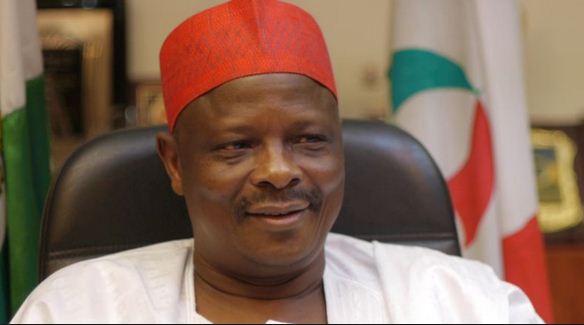

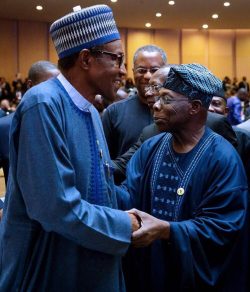
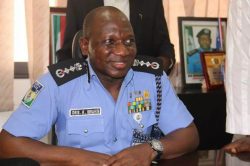




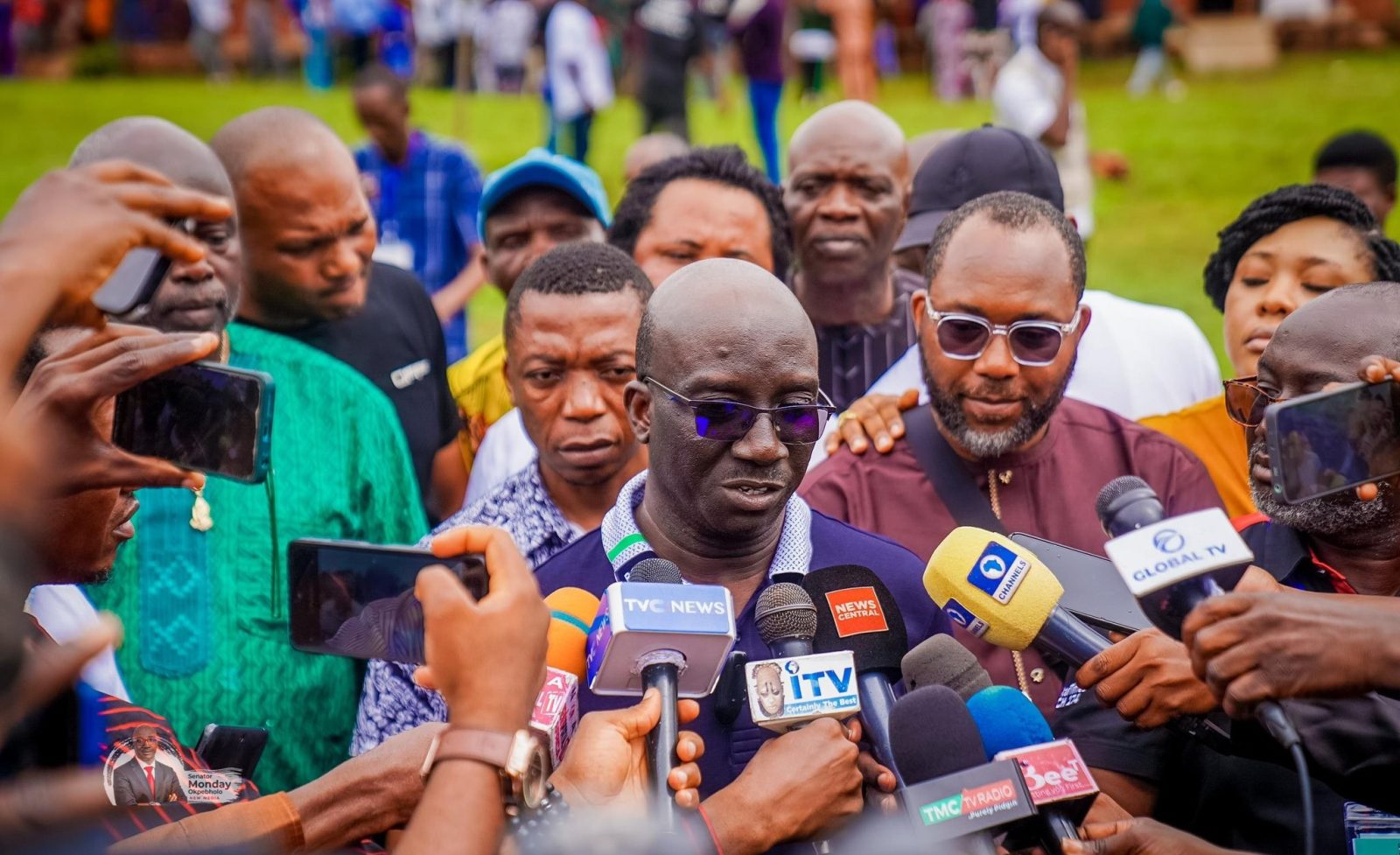
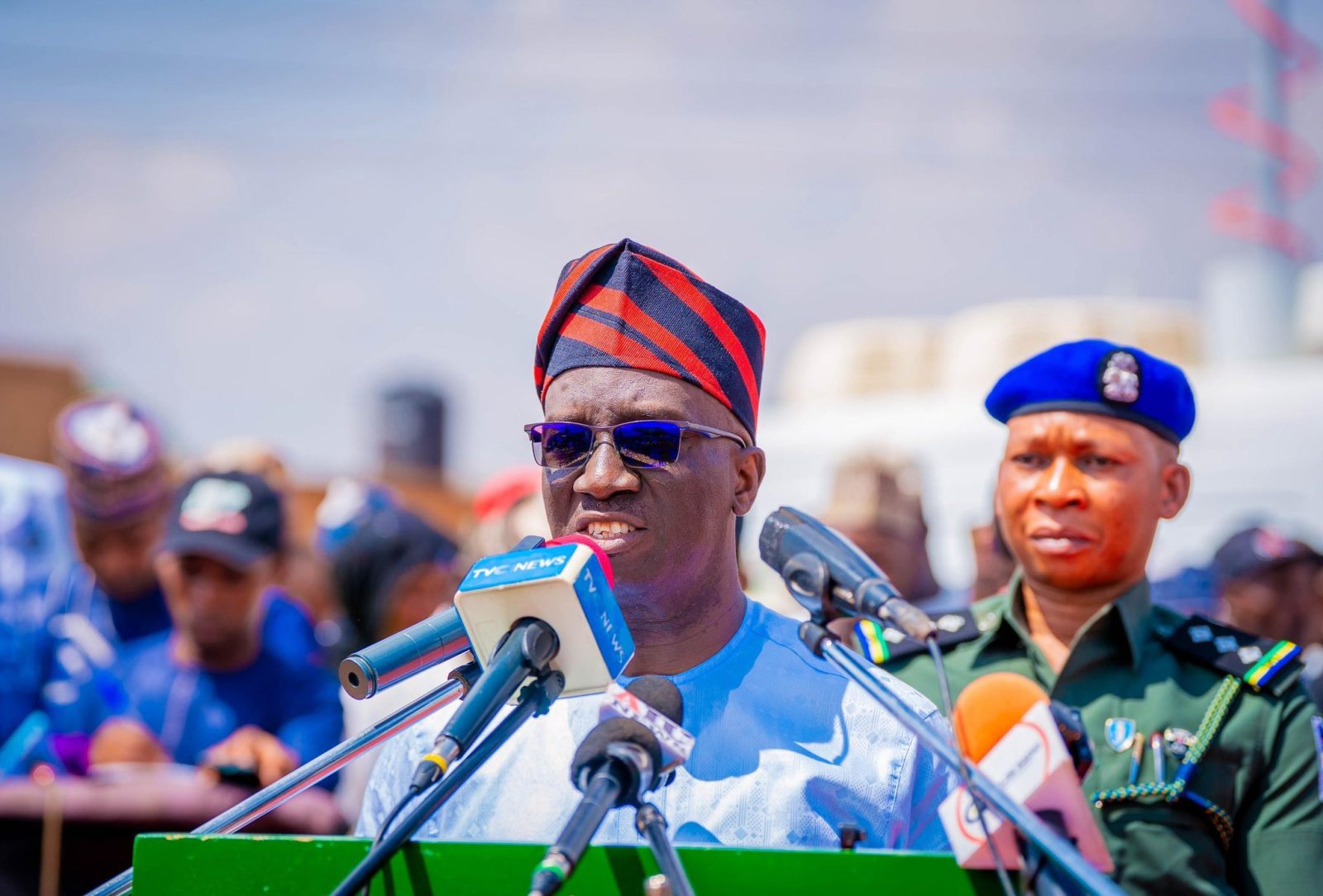

Leave a comment